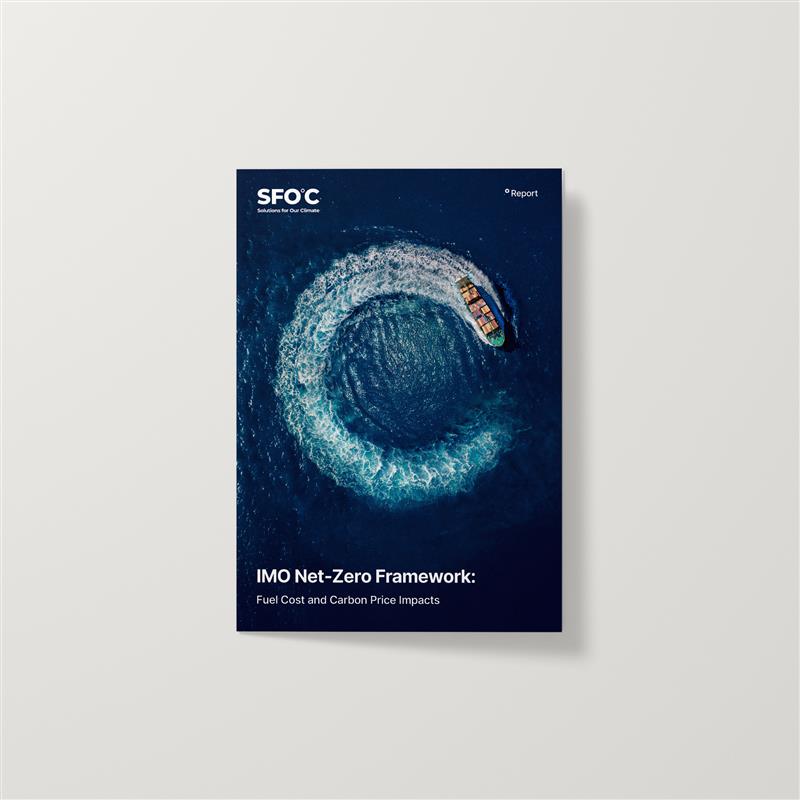
About
This research uncovers South Korea’s hidden exposure to the global shipping downturn. Drawing from newly revealed National Assembly data and UCL’s latest analysis, it traces how public financing—led by Korea Eximbank—has quietly shaped one of the world’s most fossil-dependent shipping portfolios. The findings reveal a decade of unchecked investment in LNG carriers and the mounting financial risks that come with it.
Download report
Executive summary
South Korea emerges as the most exposed economy to demand-side stranded asset risks in global shipping finance, according to new research from UCL. With nearly half of its shipping investments directed toward LNG carriers and Korea Eximbank (KEXIM) holding over 50% of its portfolio in fossil fuel carriers, South Korea faces severe financial vulnerabilities. Critically, as an Export Credit Agency (ECA), KEXIM's actual risk exposure is understated in this analysis, as ECAs bear guarantee risks ignored in the research methodology to capture commercial banks’ risks. (UCL Report, p.31).
2025 Update: KEXIM and Korean Public Financiers’ Financing Support for LNG Carriers (Not part of the original report)
Data sources: 2015-2022 data from Korea National Assembly records (obtained 2023) and 2023-2025 data from Korea National Assembly member Cha Gyu-geun (obtained 2025)
Korea Eximbank (KEXIM) Financing Overview (2015-2025)
Including loans and guarantees, over KRW 41 trillion in financial support provided for LNG carriers over the past decade
Among 35 shipping finance cases, 6 were without charter contracts, indicating direct exposure to market risks
Summary of totals (2015–2025): Loans KRW 12.99 trillion, Guarantees KRW 28.34 trillion, Total KRW 41.3 trillion


































![[Brief] South Korea’s international public finance continues to block a just energy transition](https://content.sfoc.tapahalab.com/images/research/RC5Kime.jpg)
![[Report] Achieving Net Zero in International Shipping through Korea-US-Japan Green Shipping Corridor](https://content.sfoc.tapahalab.com/images/research/s11Jime.jpg)




![[Report] The Inconsistent 'Coal-Free Pledge' of Korea's National Pension Service](https://content.sfoc.tapahalab.com/images/research/VcDPdme.jpg)

![[이슈브리프] 해외 보험사의 화석연료 제한 정책과 국내 보험사의 과제](https://content.sfoc.tapahalab.com/images/research/9ch4dme.jpg)






![[토론회] 한국형 녹색분류체계(K-Taxonomy), 무엇이 녹색경제활동인가](https://content.sfoc.tapahalab.com/images/research/bn8jdme.jpg)
![[이슈 브리프] 탄소포집, 이용 및 저장기술(CCUS) 현황과 문제점](https://content.sfoc.tapahalab.com/images/research/SWESdme.jpg)





